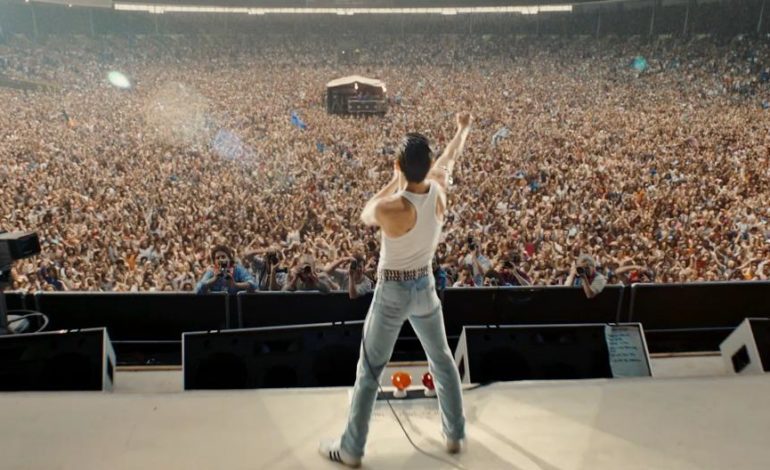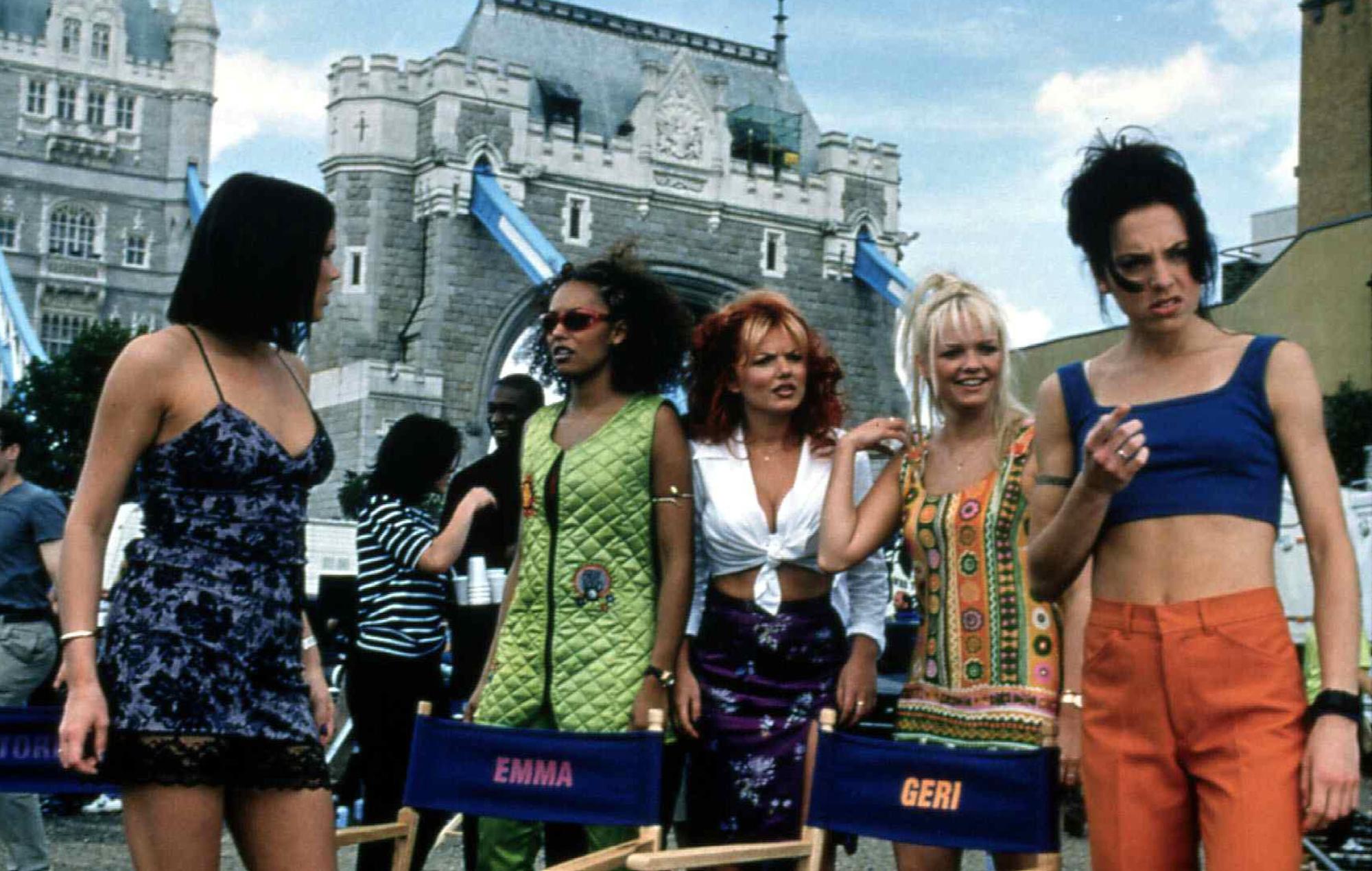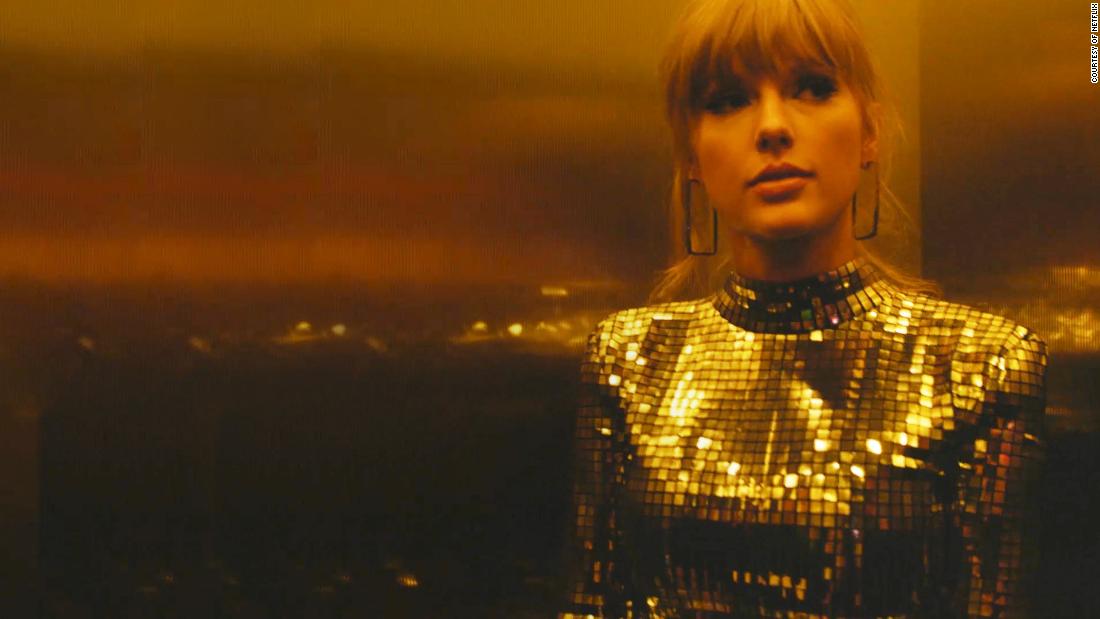

There is a certain kind of thrill when a good movie about your favorite musical artist hits the big screen. It’s like you can see into their life on a new level and find a greater appreciation for their music and the career that brought them to the public eye. Movies that center around musical artists have been coming out for years. Everyone wants to know about their favorite artist, life and struggles, and how they triumphed. One of the earliest instances is in 1964, at the height of Beatlemania. Richard Lester directed A Hard Day’s Night, a comedy that starred The Beatles members and followed their adventures through around 36 hours as they prepared for a performance. While A Hard Day’s Night was the first and often credited as being the best Beatles movie, it was not the last. The iconic boy band starred in four other films during their heyday: Help!, Magical Mystery Tour, Yellow Submarine, and Let It Be. The effect of these films was to further endear the band to their fans by putting personalities behind their music. They also served as the inspiration for many music-based films to come. For instance, The Beatles films were cited as a base for the hugely popular TV show The Monkees, then later for Spice World, which featured the Spice Girls. What the Beatles started in the 60s has continued to evolve, finally branching into two main genres of music artist-based movies: biopics and documentaries.


Before we explore musicians, let’s take a step back and discuss the differences between documentaries and biopics. The main difference is that biopics, or biographical pictures, are a more fictionalized look at a person’s life as portrayed by actors. This allows the storyteller to explore themes like love, loss, ambition, or redemption, making a person appear more relatable and human. However, because of the need to create an entertaining film with a neat linear storyline, it is not uncommon for biopics to take creative freedom by adding fictional elements to induce tension, making the story more dramatic and film-worthy. On the other hand, documentaries usually are created to inform or educate rather than strictly to entertain. They have a message embedded into the structure, showing the resilience or inspiration behind a figure or group. While they can often have the same messages as biopics, their methods of presentation and content differ. Documentaries take live footage, while biopics recreate instances in a narrative form. In A Hard Day’s Night, Spice World, and The Monkees, the bands were the stars of each of their respective films or shows, and the storylines were fictional or staged, combining both the ‘real people’ element of a documentary and the dramatized storyline of a biopic.


However, the split between the Beatles’ style biopic/documentary didn’t destroy the genre; it helped it evolve. In the past 20 years, movie enjoyers and music fans have been treated to numerous artist-centered films looking at everyone from Elton John to BTS. Particularly in the early to mid 20oos, it seemed as though band films were the ultimate promotion tactic given by the success of Disney Channel sensations like The Jonas Brothers and Hannah Montana. Disney’s Beatles-esque shows and films like Jonas and the original Camp Rock movies served to endear the members while also giving them their big break. The main difference between these and earlier films is that they were created at the beginning of an artist’s career rather than the middle or peak, as was seen before with groups like the Spice Girls. Growing off this trend, other documentary-type movies began to appear with less scripted elements. Some of the most popular can be seen with Justin Bieber: Never Say Never, a documentary that showed all the obstacles Justin had to overcome to make it to where he was in the early days of 2011. The documentary added another layer of popularity, putting a personality and an inspirational battle behind his music. Two years later, One Direction picked up the baton with their documentary One Direction: This Is Us, which served a similar purpose as Never Say Never. It invited fans along for the ride as the band goofed off together while they prepared for their show.


In the years following Justin Bieber and One Direction’s original popularity spike, it seemed films were beginning to stray away from band-centered pieces. Of course, more narrative-style films had been coming out simultaneously with these documentaries with popular films like The Doors and Walk the Line, both of which portrayed the story of the band and artists’ creation and success in a biopic style. But in general, through the 2010s, not as many band films, documentaries, or biopics graced the big screen. However, it seemed that the torch was still burning. Since the late 2010s, we finally seem to have gotten some more glimpses into the lives of our favorite musical artists. The past 5-7 years have been nonstop content from Taylor Swift’s Miss Americana to hugely successful films like Bohemian Rhapsody and The Dirt. However, these aren’t the films of the early 2010s, and a shift seems like it has come to the narrative of many more modern band-centered movies.
Many of the narrative-based biopics that have come out recently showing the lives of people like Elvis, Freddie Mercury, and Elton John have all similarly been a reflection on iconic artists rather than the popularity boost of many documentaries. These movies invoke nostalgia while still letting us into the lives of some of the most iconic celebrities to date. It seems as though what the Beatles started has now split neatly between documentary and biopic. Successful biopics like Rocketman are coming out alongside equally successful album and tour documentaries like Renaissance: A Film by Beyoncé and Bring the Soul: The Movie. Bring the Soul at least seems to mirror the standard set by Justin Bieber and One Direction by showing a group, in this case, BTS, at the height of their career, giving more background to the shiny performance we see when we buy concert tickets. Renaissance and Miss Americana have slightly different narratives, showing more seasoned musicians finally pulling back the curtain to introduce fans to the person behind the music they have come to love. This is a step away from what has traditionally been seen in artist documentaries and seems to reflect the beginning of an even more exciting split within the genre and setting the standard for future artists to follow.


Beginning with the iconic Beatles films, musical artist-based movies have evolved over nearly 60 years. While the Beatles movies starred the actual members but still contained fictional and scripted elements, the greatest change seen over the years is the division between documentary and biopic styles. Popular films have been popping up on and off throughout the years, but the early 2010s seemed to be the heyday of boyband promotional movies with Justin Bieber, One Direction, and the Jonas Brothers all making their big-screen debut. However, after the success of movies like Never Say Never, it was almost ten years before the genre started regaining popularity and interest but with a slightly different narrative twist. While past films often looked at new artists at the peak of their popularity, more recent films have taken older bands like Queen and created more nostalgic content, keeping the bands relevant to new fans. Even documentaries seem to be changing to include more seasoned artists like Taylor Swift to highlight the struggles of being in the spotlight for many years. Movie genres constantly change with each new film that is pitched and produced. The past nearly 30 years have seen some pretty awesome evolutions regarding musical artist-focused films, giving older artists some of the credit they deserve while providing a space for new artists to spread their wings. With so much development in the past few years, it is exciting to see what will come next.
